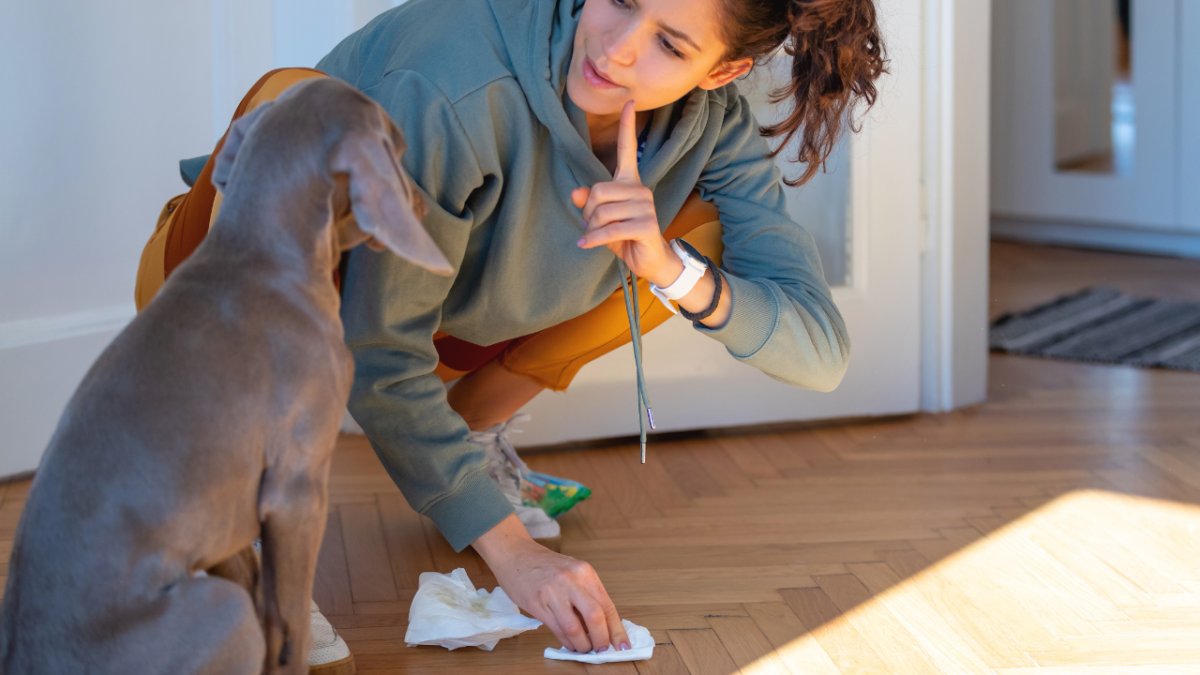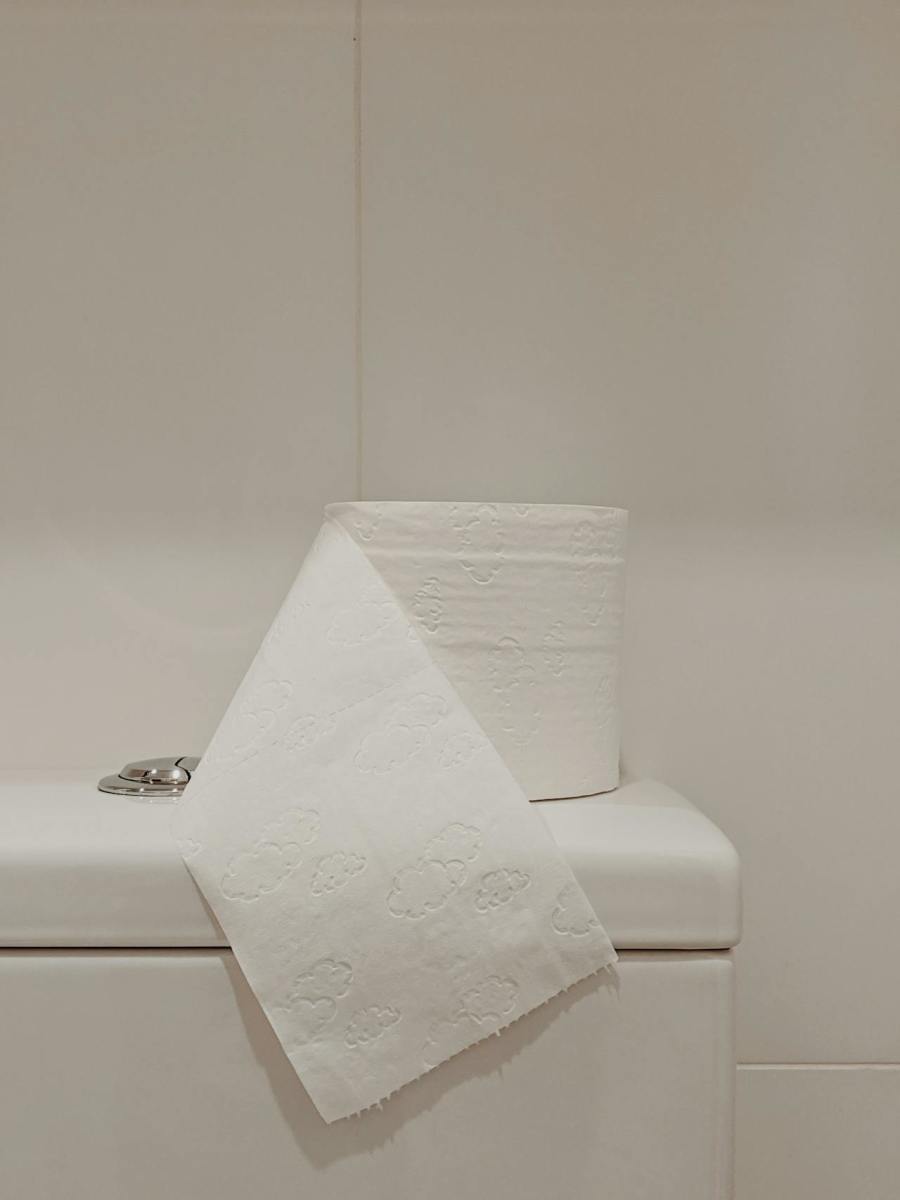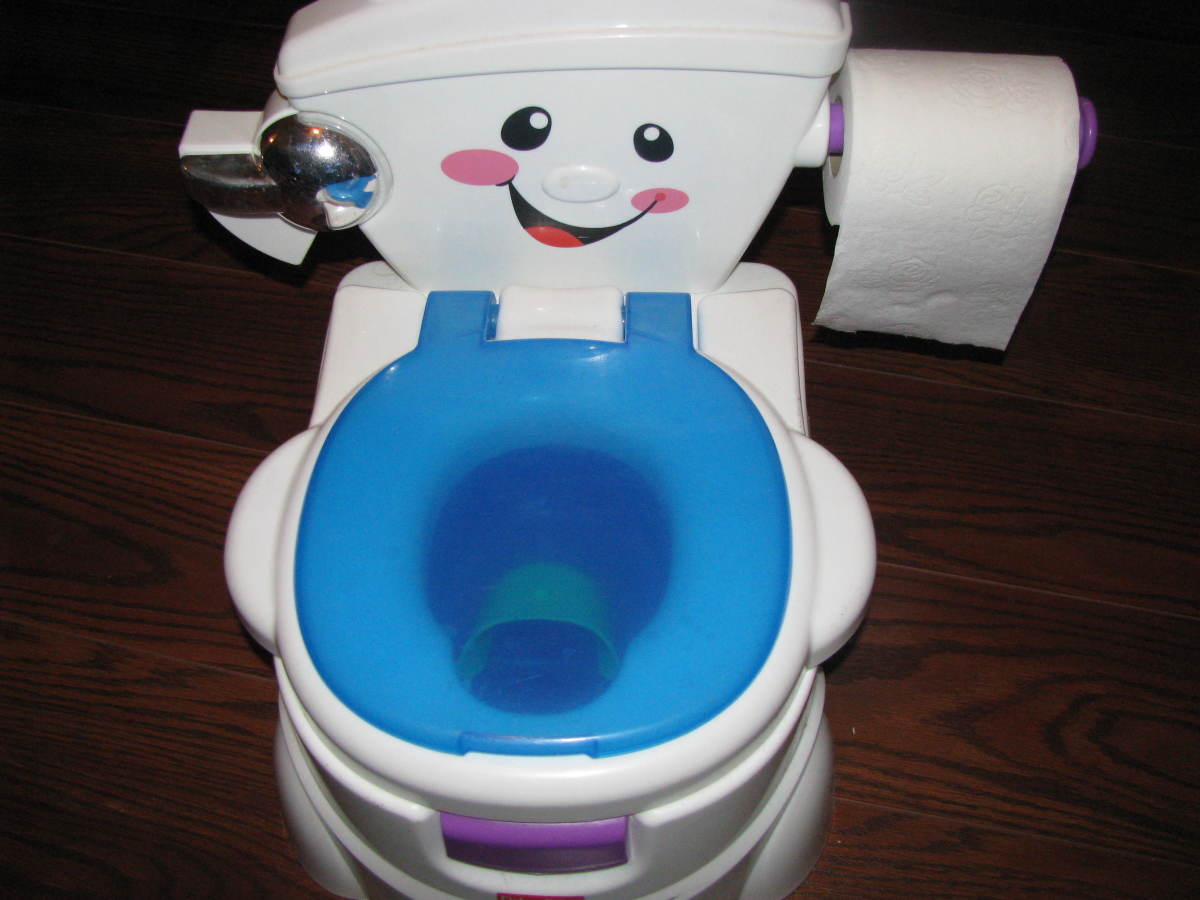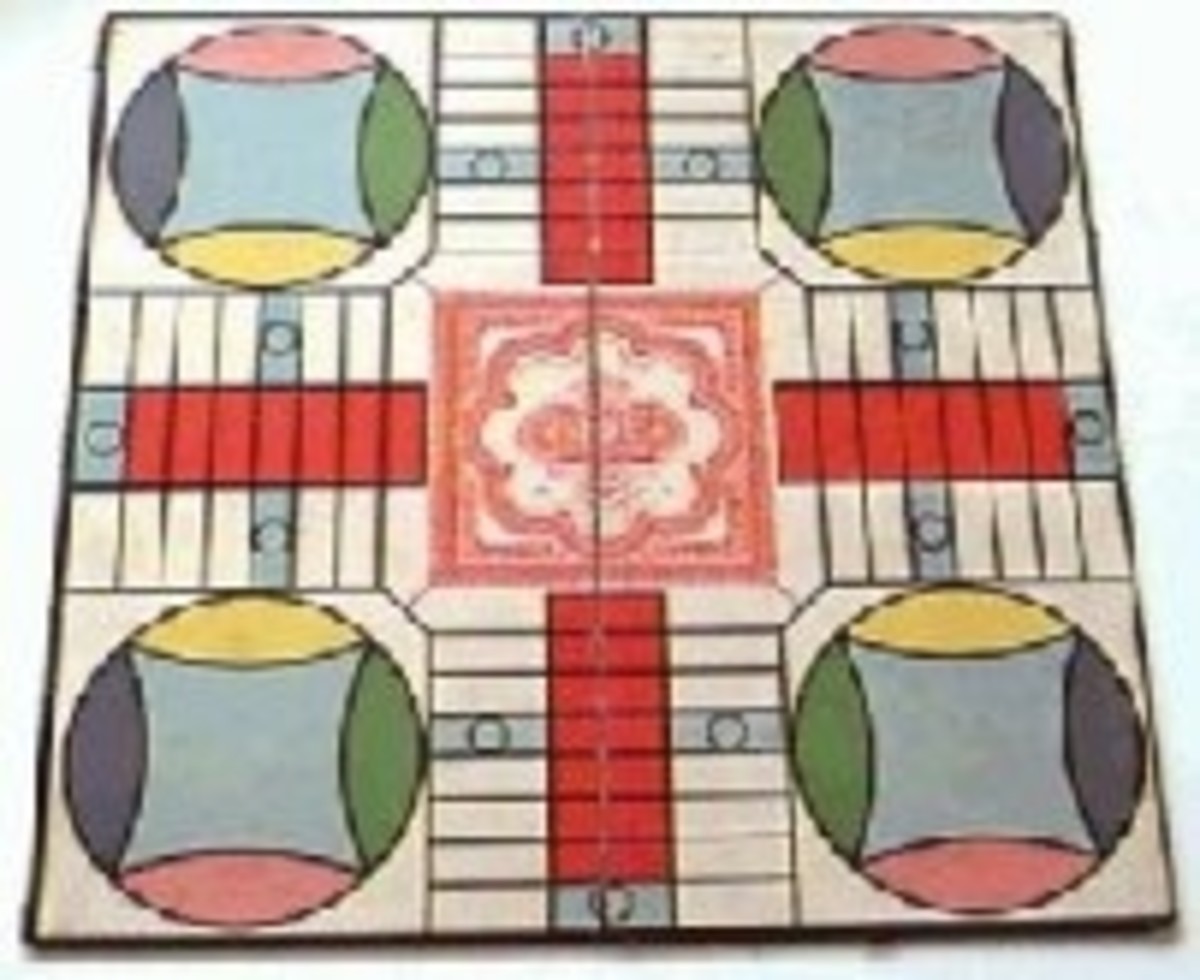Poopapalooza: Toilet Training Your Child
The Challenge of Potty Training
The purpose of this article isn't to instruct parents on how to potty train their child. It's more to recount how we potty trained ours. Also, I will offer one example of a method that was fairly successful given my expectations. There are many successful ways to potty train a child. So, I'm not going to claim that this one is best. It worked well for me.
In the pantheon of parenting experiences, potty training is one of those things many parents dread. It's also one of those parenting experiences that has a million different approaches.
In fact, I live in an area with a lot of goofball parenting theories. There are probably ten different daycares with ten different approaches within two miles. Similarly, I've heard of some potty training approaches that boggle the mind.
My favorite is the "free poopers" approach. That's where the child, at a very young age, just loses the diapers. The kid just goes in his or her pants until they get sick of being uncomfortable. I think this method is completely stupid. Yet, I know of at least one couple who made it work. To me, however, it seems to create unnecessary mess and stress. Most people want to keep potty training as unmessy as possible. Free pooping sounds messy, really messy.
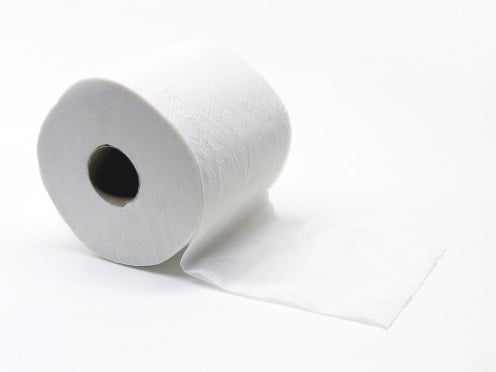
My Approach to Potty Training
The parenting approach my wife and I decided to take when potty training our son was a low pressure approach. We introduced the concept of the potty when Tyler was about two years old, which was the point where he began to show some interest in it. However, it would be a mistake to say that this was the point where we began potty training.
In fact, very few children are ready to potty train at the age of two and it's only the foolish parents who will put pressure on a child to learn. Rather, we decided to let him become interested at his own pace. This is a point that's worth emphasizing. Pressuring a child to learn how to use the toilet is usually a bad idea. The more they feel rewarded and at ease, the better they will do.
While we had not read much on the subject of potty training, we had heard that most children will learn to use the potty when they are ready. The parenting problem that generally arises is that the parent thinks the child is ready before the child really is ready. Somehow we managed to keep from putting pressure on Tyler until he was two-and-a-half.
It was at that point that we began to feel a little frustrated because he didn't seem to be making any progress. Occasionally we would try to get him to go and he would refuse and our frustration would grow a little. Notice though how the frustration was entirely about us and not about him. He simply wasn't ready.
What's the Best Potty Training Method
Breakthrough
The breakthrough came as some of Tyler's daycare classmates began to use the potty and the subject would come up. Then we made the transition from diapers to pull-ups by showing him some of the movie "Cars" (though we try to avoid having him watch any television). Suddenly, he was interested in the pull-ups and understanding how to use them. His teachers noted that he was going through significant portions of the day completely dry.
Tyler had been wearing pull-ups less than a week when we decided to let him try underwear over the weekend. Though it was stressful that first day, he used the potty all weekend and hasn't looked back. He was about two years and nine months old when everything seemed to click together. We encouraged the potty use by bribing him with yogurt covered raisins and although we're struggling with how to wean him from this treat, we have to admit that they really worked. Truly, everything really did just suddenly seem to come together, exactly as we'd heard. Ultimately, our experience involved little pressure and little stress, the way I'm sure most people would prefer potty training to happen.
So, a few tips on potty training:
- Don't fight battles you can't win (from the book "Love and Logic")
- Let things develop naturally
- Introduce the idea, but don't pressure
- A little bribery is okay
If, as a parent, you can be patient with your child and let him or her develop the skills needed to use the potty at his or her own pace, you'll be a lot happier and a lot less stressed in the end.
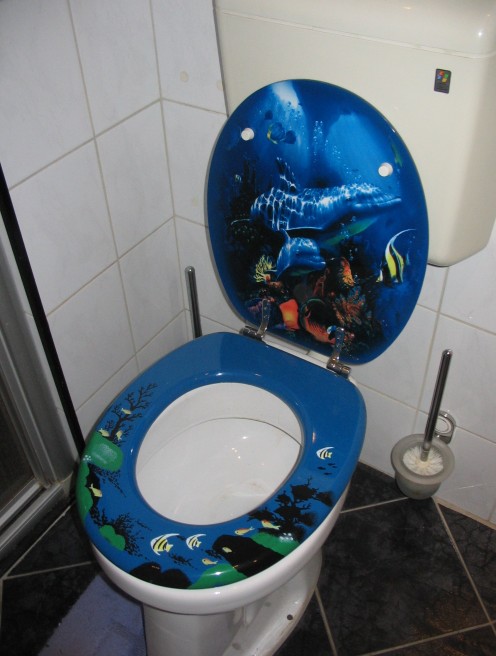
The Second Child
Our second child, Mason, was a bit more resistant than our first. Tyler expressed interest early where Mason decided he just wasn't going to use the potty. Forcing him didn't seem to work. The other thing that didn't seem to work was bribery. Unlike Tyler, for whom the bribe encouraged him to try, Mason didn't seem to care. It wasn't until he was already going where he started to like the bonus of getting something. For Tyler, it was motivation. For Mason, it was just a bonus.
Mason's potty-training turned out to be a bit different, utilizing another method we had heard worked. Once he started going through significant portions of the day dry, we decided to devote a weekend to letting him wear underwear. We pulled the trigger on dropping the diapers all at once. We bought some particular brand of underwear that has a little extra padding to soak up accident, but we avoided using pull-ups at all because we heard that they can actually backfire because the child doesn't feel wet.
During the course of the weekend, we had Mason wear the underwear and encouraged him to go about every thirty minutes. Since he liked being resistant, he would often refuse. After a couple of accidents, we just started taking him to the bathroom on a regular schedule and giving him the opportunity to go. By the end of the weekend, he had made some progress, but didn't quite seem ready. We sent him to daycare in a diaper with underwear to practice. The next day, he wore the underwear and has barely had an accident since.
There's no understating the role of a good daycare provider in this process. They helped immensely because they continued the process we started at home and let us know when they thought he was ready. The focused weekend was a pain, but it was only two days and it really worked well.
This content is accurate and true to the best of the author’s knowledge and is not meant to substitute for formal and individualized advice from a qualified professional.
© 2011 Allen Donald



